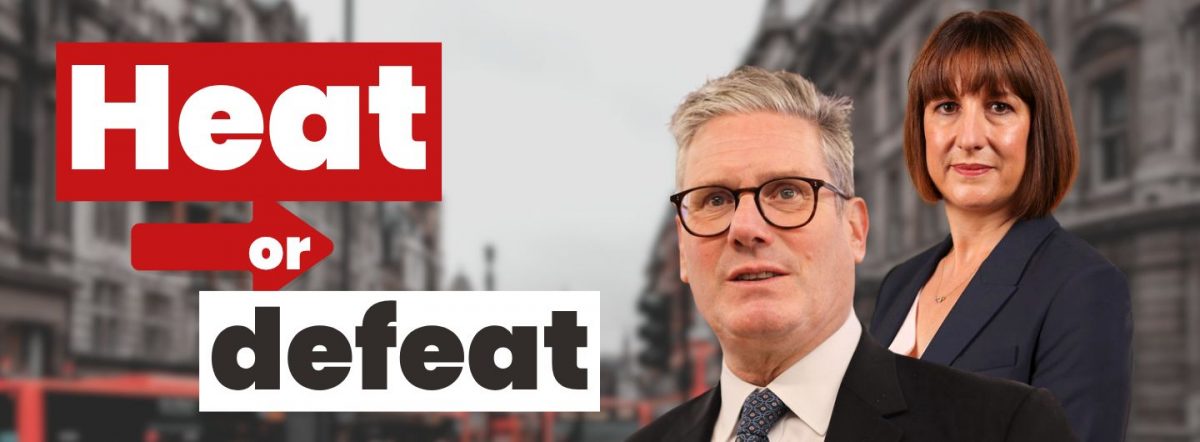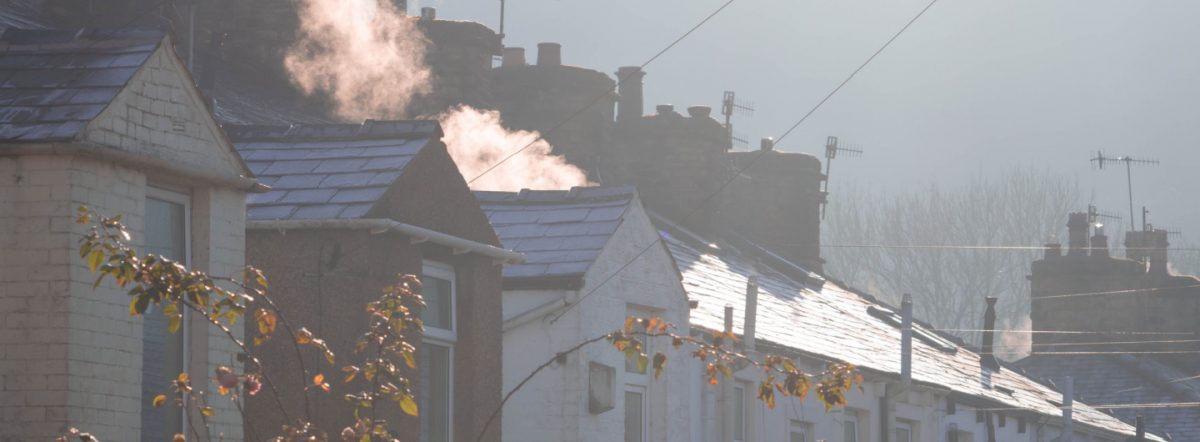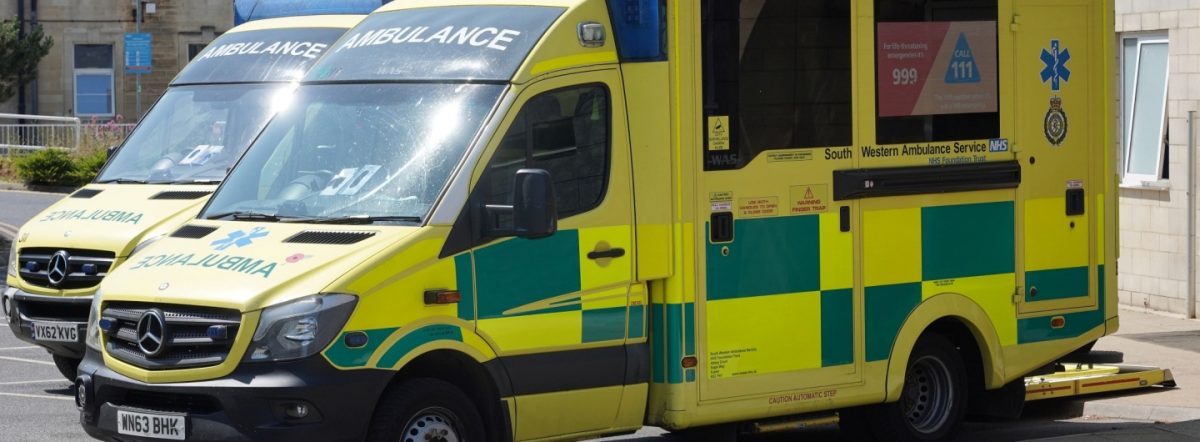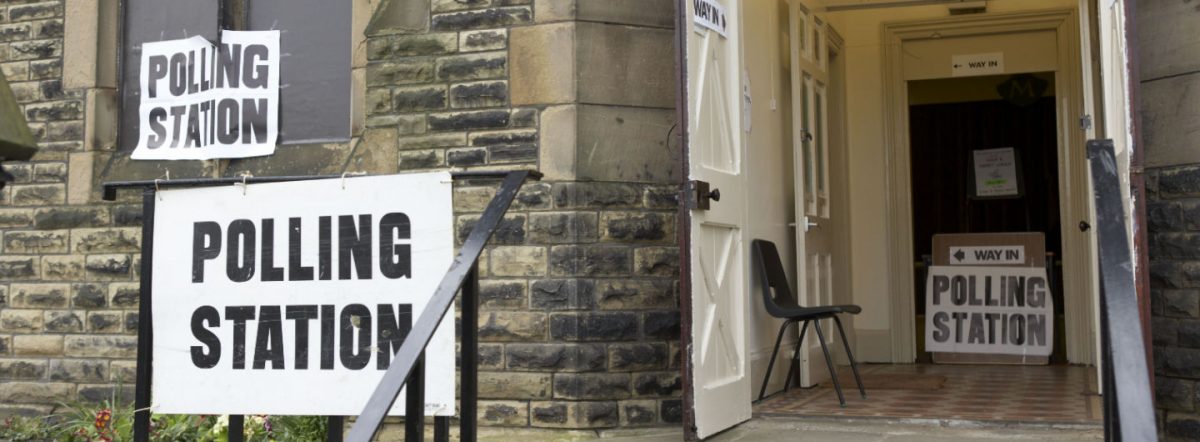Trust in Labour will be further threatened if the Chancellor scales back funding for home insulation and lowering energy bills, according to new polling released today, in echoes of the row over Winter Fuel Payments.
Recent media reports suggest that the Chancellor is considering reducing the funding available to insulate homes. [1]
The research by Opinium reveals that nearly half (46%) of Labour voters say that any backtracking from Labour’s manifesto commitment to invest in insulating the country’s poor housing stock would further reduce trust in Sir Keir Starmer’s government. [2]
Among those who voted for Labour in the last general election but aren’t currently planning on voting for them again, well over half (56%) say it would reduce their trust in Labour – damaging the party’s attempts to woo voters back from Reform, the Lib Dems, Greens and others. [3]
Almost half (48%) of Labour voters said the warm homes election promise was a factor in their decision to vote for the Labour Party.
Labour promised to invest £13.2bn in a Warm Homes Plan to help improve the country’s leaky housing, which is making people ill and driving up NHS demand. A recent Medact survey found that three-quarters of front-line clinicians regularly see patients made ill by poor housing conditions, and almost half have discharged patients into homes they knew would make them sick again.
In the run-up to the General Election, over half of prospective Labour voters (59%) said they supported a funded nationwide insulation programme to slash deaths caused by cold, damp houses. Meanwhile other researchers found that 59% of voters opposed stripping all pensioners of Winter Fuel Payments. [4]
In the new research, pollsters found that nearly all voters (87%) believe it is important for political parties to stand by their manifesto commitments.
Ed Matthew, UK Director for the climate change thinktank E3G said:
“Cutting a programme that will make immediate and direct improvements to people’s lives would backfire.
“The public is sick of wasting money trying to heat cold, leaky houses and want this government to honour its manifesto pledge. If they fail to do so it would demonstrate that Labour have not learned from the Winter Fuel debacle at all.”
A spokesperson for the End Fuel Poverty Coalition, said:
“This polling clearly shows that it is now a case of heat or defeat for the Government.
“The Labour Manifesto said the promised funding will offer grants and low interest loans to support investment in insulation and other improvements such as solar panels, batteries and low carbon heating to cut bills.
“Either they back a Warm Homes Plan to the full extent promised in the manifesto, or they will be punished at the ballot box.
“The Chancellor must not be able to engineer another ‘Winter Fuel Payment’ disaster by refusing to help tackle fuel poverty and MPs should make that clear.”
The polling comes on the day that health workers will deliver an open letter to Secretary of State for Health and Social Care Wes Streeting MP, endorsed by several royal colleges. The letter urges the Government to honour its election promise to reduce energy bills and allocate at least £13.2 billion to a nationwide insulation programme in the upcoming Comprehensive Spending Review.
Maria Carvalho, spokesperson for Medact, commented:
“It’s simple. All we want is what was promised in the election campaign. That means a fully funded Warm Homes Plan, investment in green jobs, skills, and training, stronger protections for renters after upgrades are completed and delivery of high-quality home retrofits.”
In recent days groups of businesses and over 50 senior figures from charities have written to the Treasury to express concerns that the Warm Homes Policy policy is facing severe cuts.
Deputy Director of Uplift, Robert Palmer, added: “The nearly nine million people up and down the country living in cold damp homes, desperately need the Government to commit to the Warm Homes Plan.
“It is so important to them that this research reveals 46% Labour voters will lose further trust in the party if it backtracks on this key pledge.
“There is now deep concern following reports that the Treasury is looking to trim the amount the government has pledged to spend on insulating homes
“We have some of the leakiest housing stock in Europe and the priority should be making those fit to live in through the promised £13.2 billion Warm Homes Plan announced in the 2024 manifesto.
“We’re calling on the Government to commit to this funding now, which is also crucial to their election promise to bring down energy bills. If they don’t it could be a broken promise too far for many of those who put their faith in voting for Labour last July.”
ENDS
[1] Sources: The Times (27.05.25), the FT (05.05.25), Politico MEC Bulletin (29.04.25)
[2] Opinium conducted a politically and nationally representative online poll of 2,050 UK adults from 14th – 16th May 2025.
[3] Of the Labour voters polled, the research suggests 54% would still vote for the party, but 12% would vote Reform, 7% would vote Lib Dem, 6% Lib Dem, 3% Conservative with the others choosing another party or now being unsure of their vote.
[4] “Over half of prospective Labour voters…” Opinium conducted a politically and nationally representative online poll of 2,185 UK adults from 29th – 31st May 2024.
Two thirds of people (67%) were also aware of the move to remove winter fuel allowance payments from pensioners, apart from those who receive means-tested benefits, and 59% opposed it, with only 28% in favour. YouGov / ECIU.










